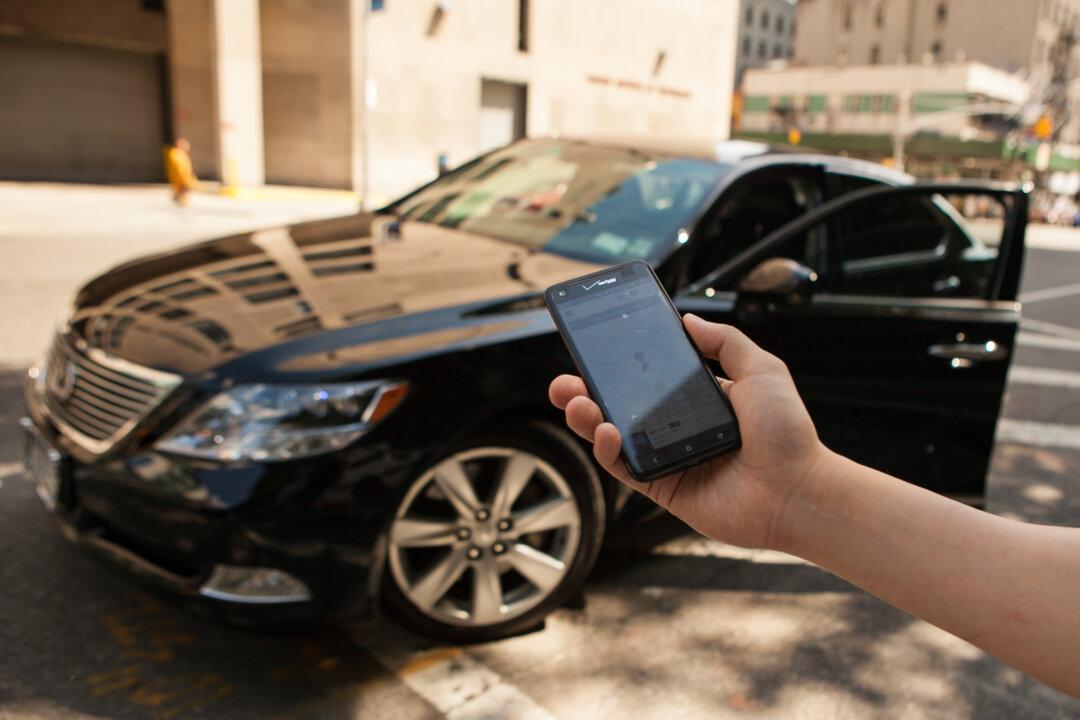California’s Labor Commission ruled that Uber should treat its drivers as employees, not contractors, potentially undermining the ride-sharing company’s longstanding business model.
As contract workers, Uber drivers don’t have fixed schedules and set their own workdays, but they also lack the privileges of full-time employees, including unemployment insurance, worker’s compensation, health benefits, or retirement plans.
The commission ordered Uber to pay $4,100 to Barbara Berwick, who drove as an Uber driver for three months last year, for costs incurred while working for Uber.
The decision itself is nonbinding, and Uber will appeal the ruling, which could takes years in court to resolve, and only applies to this individual instance and not to Uber drivers in general. But it signals a larger shift among state and municipal governments, and could serve as a precedent for future rulings.





